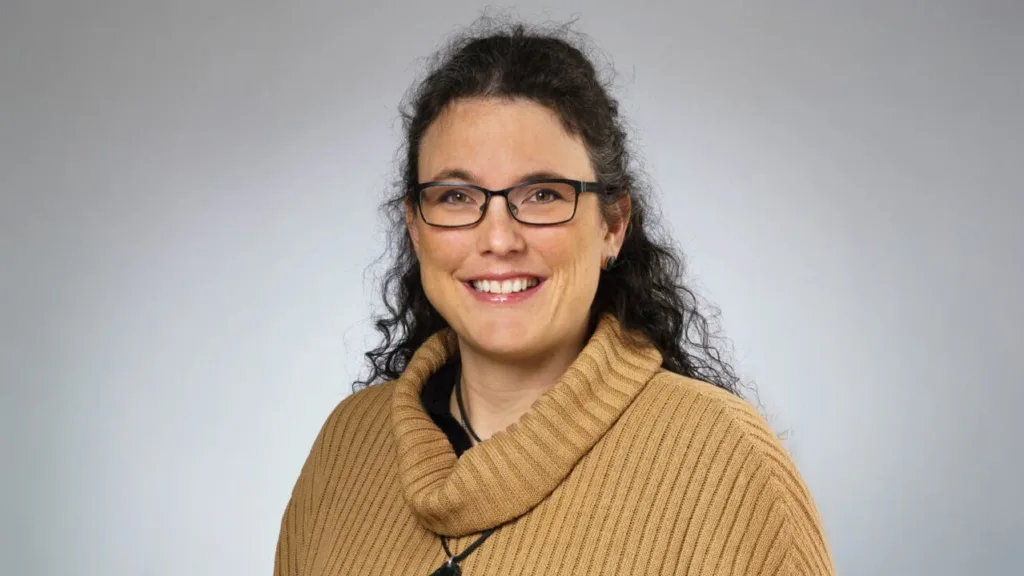This is a translation of a text by Franca Burkhardt, member of the municipal council of the political community of Wigoltingen, Illhart (canton of Thurgau, Switzerland).
For over three years now, many Ukrainians have been residing in Switzerland under protection status S. Currently, around 70,000 Ukrainians benefit from this status. Federal spending alone amounts to 1.25 billion Swiss francs.
At the outset, it was clear: these people needed help. Switzerland responded – quickly, simply, generously. But now it is time to speak openly about what is not working.
Read also: Labour imbalance due to the war: Ukrainians are looking for work in the EU, while the labour market at home suffers from a shortage of staff
Landlords, asylum staff and authorities are increasingly facing challenges not previously encountered with other refugee groups. The attitude of some individuals with protection status S towards the authorities and social services is troubling: instances of disrespect, unwillingness to cooperate, or a lack of motivation to integrate or work are not isolated. Instead of gratitude, there is often a sense of entitlement and a consumerist mindset.

“I won’t live with Afghans”
Notably, these issues tend not to arise among those truly affected by the war. More demanding and problematic behaviour is observed among those who merely hold a Ukrainian passport or come from less-affected regions.
Another issue is the distancing from other refugee groups, particularly from Afghanistan. Statements such as “I won’t live with Afghans” are unacceptable and significantly complicate accommodation efforts. In our municipality, we have generally had positive experiences with Afghan refugees: many are demonstrably making efforts to integrate, learning German, working, and taking responsibility. Holders of status S could take this as an example.
Read also: We need a broad rehabilitation plan for the military
Today status S, tomorrow social assistance
Switzerland offers protection and support for refugees, not for tourists. Those who behave as if in a hotel should also pay accordingly. Those in need of protection should contribute to integration. The fact that protection status S automatically transitions into a residence permit after five years – with all associated rights, including entitlement to social assistance – raises concerns. Today we have these “hotel guests” under status S, tomorrow they are receiving social benefits. This is simply unsustainable for small municipalities. Those who remain must integrate – with respect, commitment, and an understanding that help is not a one-way street.
Read also: Discrimination and bureaucracy: problems with payments for people who received IDP status before the full-scale invasion



